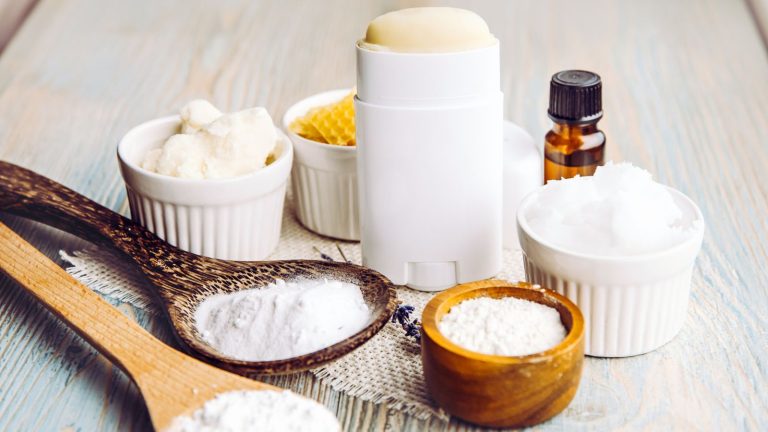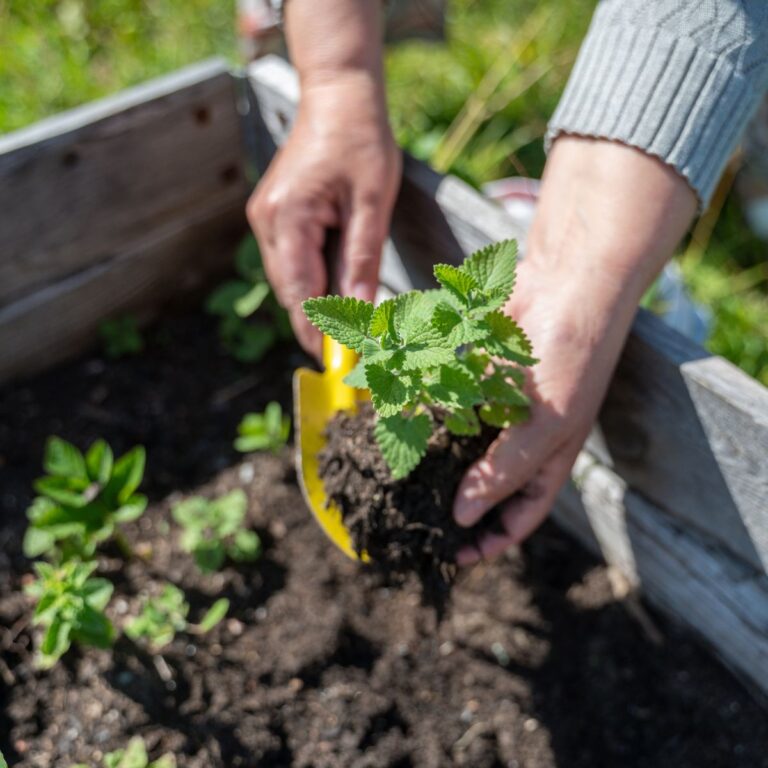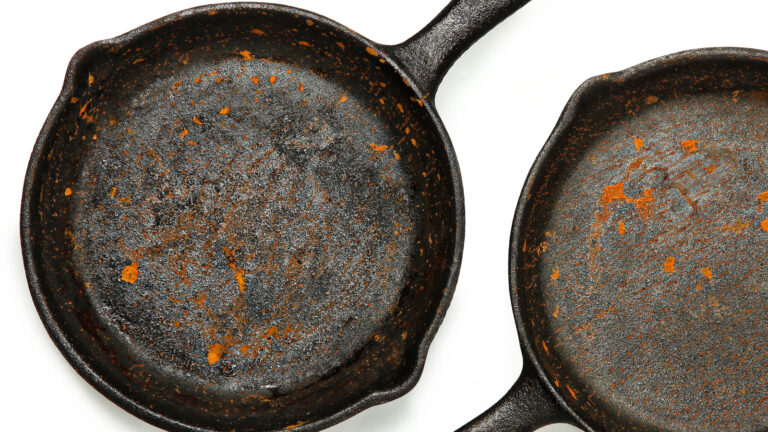This post may contain affiliate links.
If you are a beekeeper looking for ways to sell your honey, you’ve come to the right place.
For many beekeepers, selling honey is just a side hobby, while for others, it is a full-fledged business. This article is geared toward the hobbyist or beginning beekeeper.
We’ll discuss the various options for selling honey, cover the regulations that must be followed to sell honey legally and provide tips on how to market your honey successfully.
Why sell honey?
Honey has long been prized for its sweetness and nutritional value, and in recent years, it has experienced a popularity resurgence. As people become more interested in natural remedies and organic foods, honey has become a sought-after ingredient.
At the same time, the market for honey has become more diversified, with different types of honey-selling for different prices. For example, raw honey is often seen as being more pure and natural than processed honey, and as a result, it commands a higher price.
Selling honey can be a profitable endeavor, provided that you understand the market and take steps to produce a high-quality product. With careful planning and execution, selling honey can be a sweet way to make extra money.
Backyard beekeeping can be a challenging endeavor, and it does require a financial investment. You must keep your income-generating visions realistic and appropriate for your scale. Make sure you do your research into best practices in beekeeping.
Regulations for Selling Honey
Before selling honey, a few regulations need to be followed. They include:
- Honey must be processed and bottled in a clean facility.
- Honey must be filtered to remove impurities.
- Make sure that you have a space set up that is dedicated to extracting and bottling your honey and that it is carefully managed and cleaned regularly.
- Honey must be labeled correctly. Labeling requirements are governed by the Federal Honeypacker and Importer Act, which requires that all honey containers must be clearly labeled.
More on Honey Product Labeling
All honey containers must be labeled with the name and address of the packer, importer, or distributor. The net weight of the honey must also be stated on the label.
Additionally, the labeling must include a statement identifying the honey’s color, grade, and class.
Finally, any artificial or natural flavoring or coloring added to the honey must be listed on the label. These requirements help ensure that consumers can make informed choices about the honey they purchase.
For complete guidance, you can also refer to the FDA’s labeling guidelines for honey or resources provided by the National Honey Board on government rules and regulations.
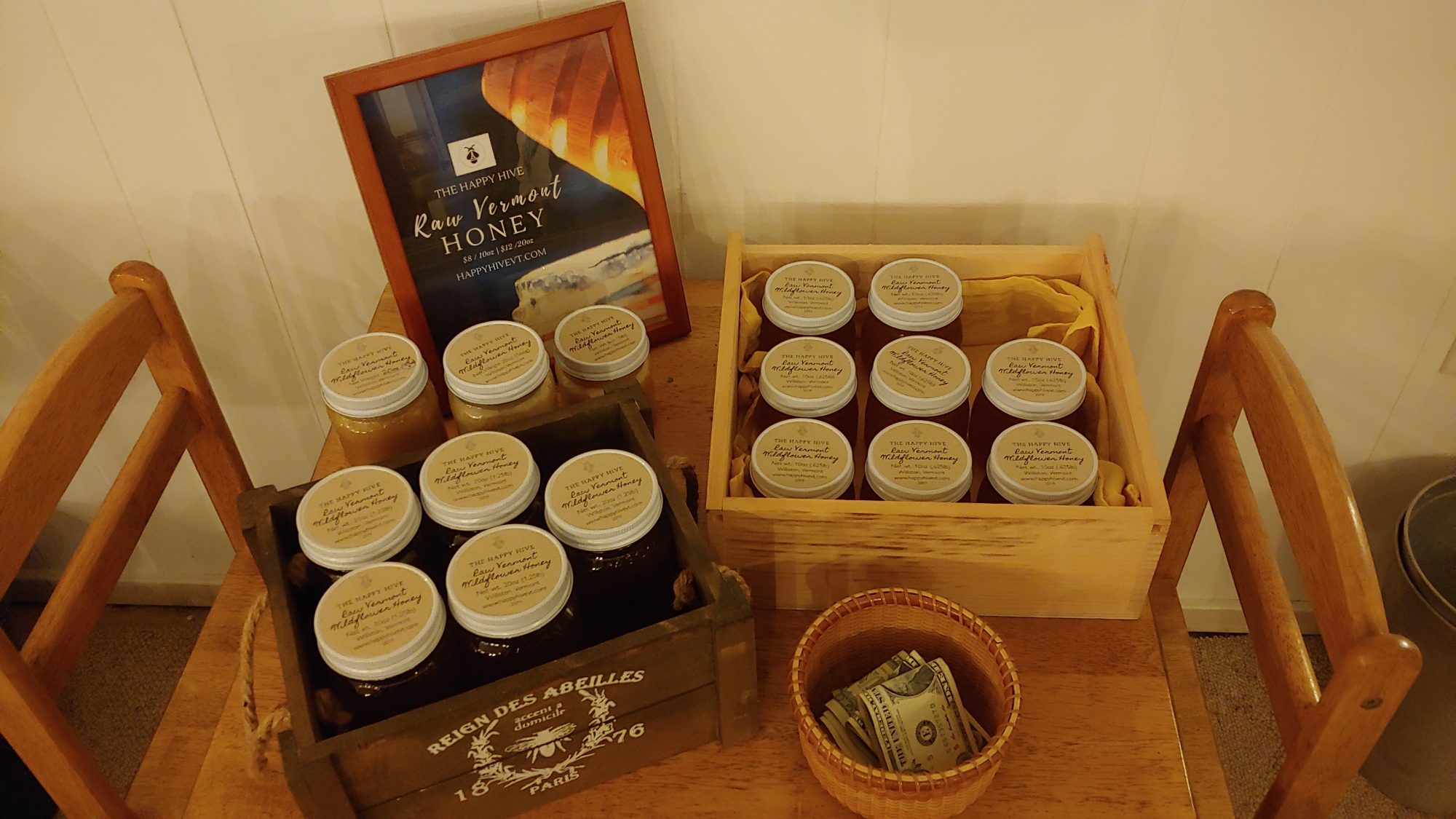
How to Sell Honey Directly to Consumers
Selling honey locally can be a great way to connect with your community and build interest in your product. There are a few different ways to sell honey directly to consumers. They include:
Selling at the local farmers’ markets
Selling at a local farmer’s market can be a great way to reach many people in one setting. It gives you a public presence and lets you get your name out there to more people.
It’s important to note that farmers’ market booths often come with fees and a season-long commitment. This option is probably best for larger producers who can be sure they will have enough honey to meet demand over several months.
Selling Honey from Home
Selling honey from your home using personal connections or a visible farmstand to reach potential buyers. This can be the perfect option for a small producer.
All we have to do is tell a few people that you have honey available, and you will sell out of our extra honey in less than a week!
Be sure to consult cottage food laws in your state to see if honey falls under those regulations. Oftentimes, because honey is sold “raw” and not altered in any way, it is considered a farm product instead of a produced food.
How to Sell Honey Wholesale (or Consignment)
Wholesale means selling the product in bulk at a discounted price to a market, store, or restaurant (typically 50-50% of the retail price). That entity then sells your product and retains the difference between wholesale and retail as their profit.
Conversely, consignment places your item in a store and earns a certain percentage of sales as those sales are made. Different markets may operate on one or both of these systems.
Selling honey wholesale or on consignment is a good option if you do not want to be the one directly selling to consumers. This also works if you are having trouble reaching potential customers directly.
You will earn less money per jar of honey when selling via wholesale or consignment, but you won’t have to do as much work to reach customers. You may also sell more of your product because it is more easily visible to potential buyers. In addition, placing your product in a store allows you to get your name out there and may lead to follow-up direct sales.
Don’t be afraid to choose carefully when looking for wholesale or consignment sales opportunities. If the amount of honey you have to sell is limited, choose the stores that feel like the best partners for you.
You can choose based on potential sales price, traffic, customer base, or the type of places you would like to partner with.
How to Sell Honey Online
Selling honey online is another option to reach the consumer directly. In this model, you can either sell your honey on your website/shop (using a platform like Shopify to process sales) or through an online sales platform like Etsy.
In addition, you may also be able to make local sales by advertising online through venues like Facebook Marketplace or local community forums (in this case, the sale would still likely be a direct interaction).
Selling through an online marketplace offers similar benefits to a farmers’ market. You can list your item in a place where people go to buy handcrafted goods and, therefore, get more eyes on it than trying to do it yourself. However, these venues will charge fees on your sales. As such, you’ll want to make sure that the income vs expense model is worth it to you.
Setting up your own website is a good idea for larger vendors, especially if you are doing a lot of marketing to get your name out there as a business. You will avoid the fees charged by online marketplaces and sell directly to your customers. Building up the traffic you need to make sales can take time, so you’ll need to keep that in mind.
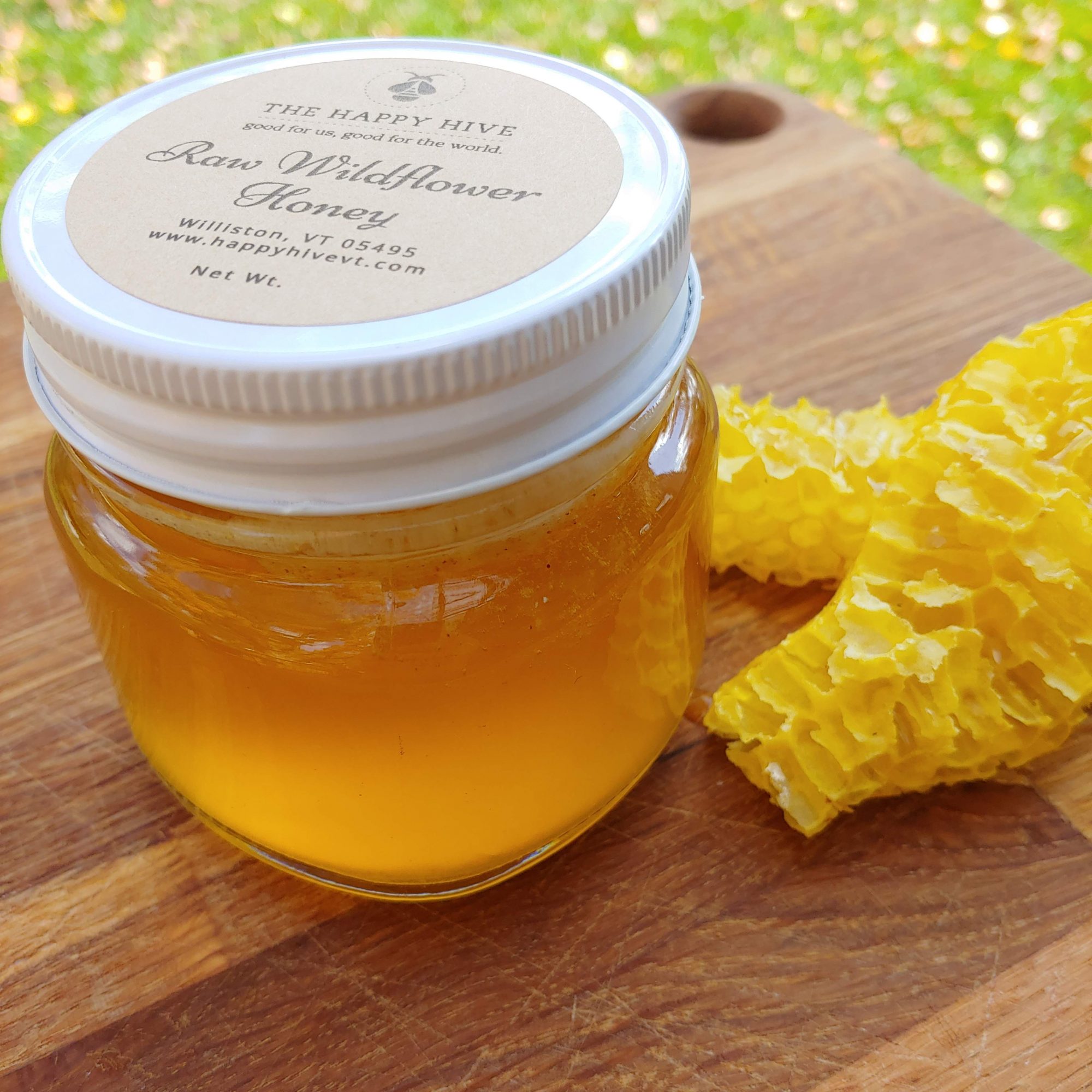
Tips for Selling Honey
No matter how you choose to sell your honey online, here are some tips to ensure that customers will jump at the chance to buy your product!
- Make sure your honey is high quality! Invest in the extraction and filtering equipment you need to ensure your honey is free from debris, chunks, or other less appetizing looks.
- Bottle your honey in an eye-catching way. This doesn’t mean you need to spend a lot of money on packaging, but make sure the jar is clean and the label is legible and attractive. Check out our article on creating labels for your homemade goods to get ideas!
- Become well-versed in the health benefits of raw honey – use that knowledge in your marketing and conversation with potential partners and customers.
- Keep good records. Be sure to track your expenses and income because all income will be subject to income tax regulations. You may need to consult a tax expert to learn how and where to report your income (and to determine whether you are a hobby or business).
For more tips on backyard business endeavors, check out these helpful articles:
- How to Sell Homestead & Farm Items on Etsy
- How to Sell Food you Make at Home (intro to Cottage Food Laws)
- How to Build a Light Box for Product Photography
- How to Make Labels for Homemade Gifts
Carrie Williams Howe is an educational leader by day and an aspiring homesteader by night and weekend. She lives on a small homestead in Vermont with her husband, two children, and a rambunctious border collie. She blogs about her family's homestead life at The Happy Hive.
